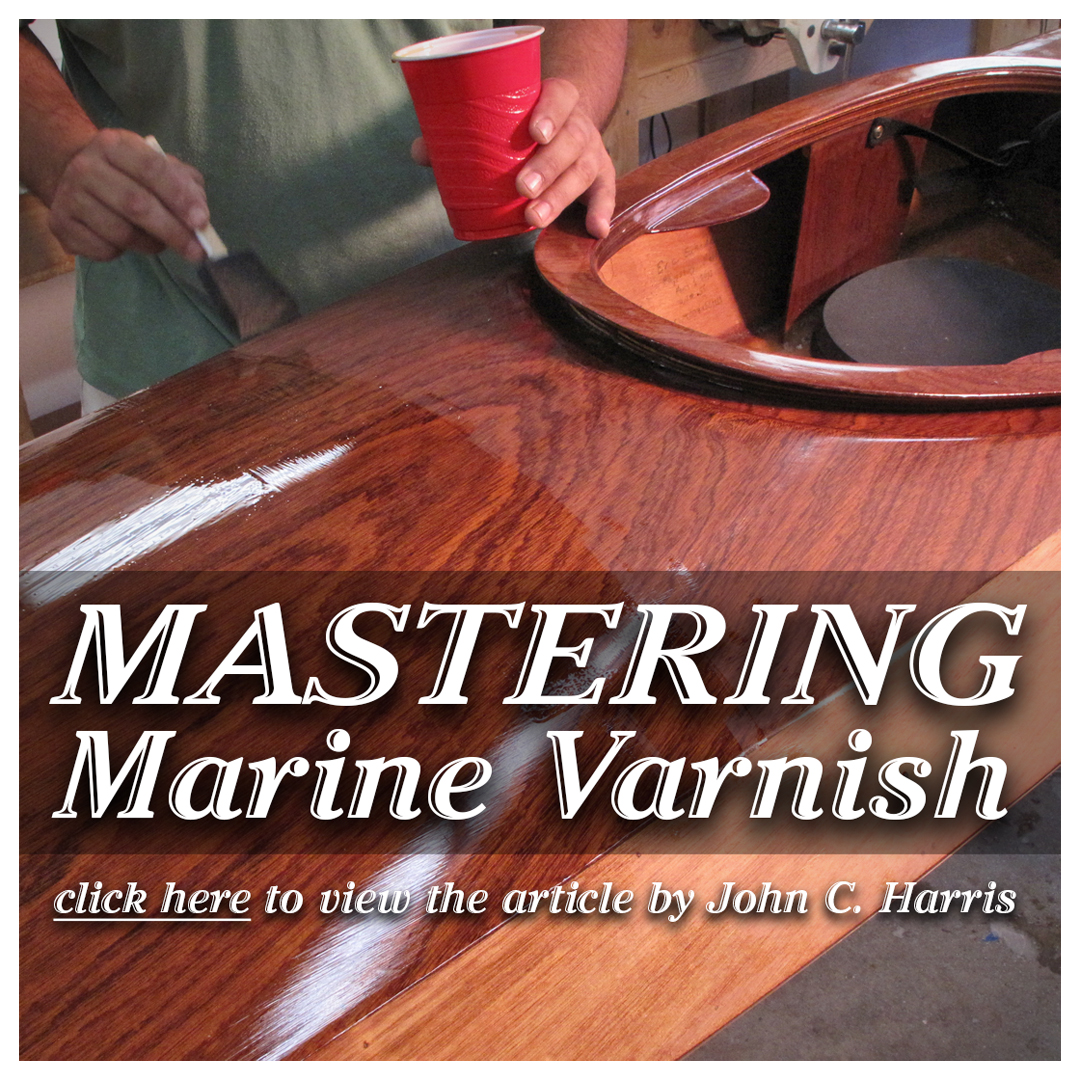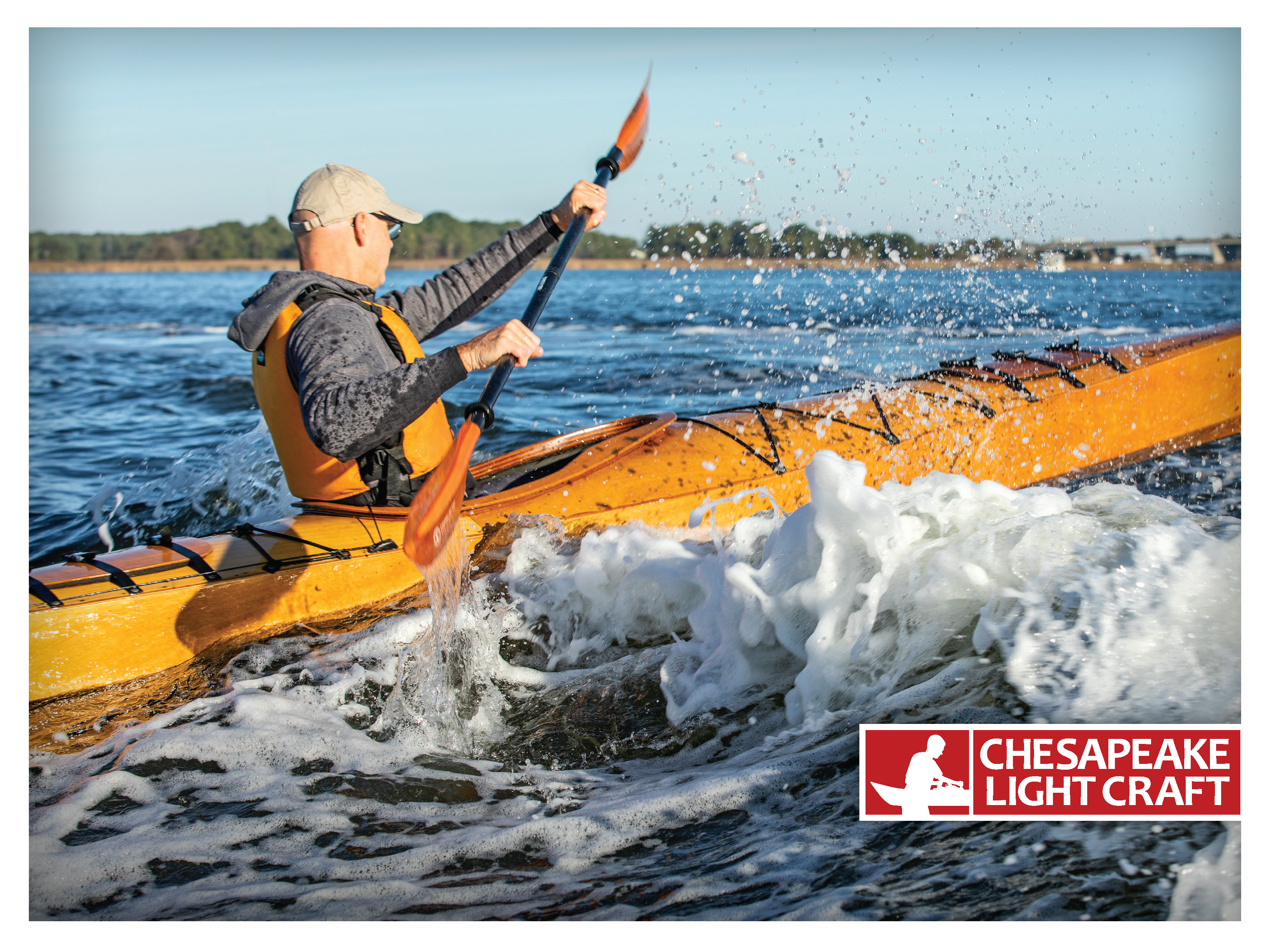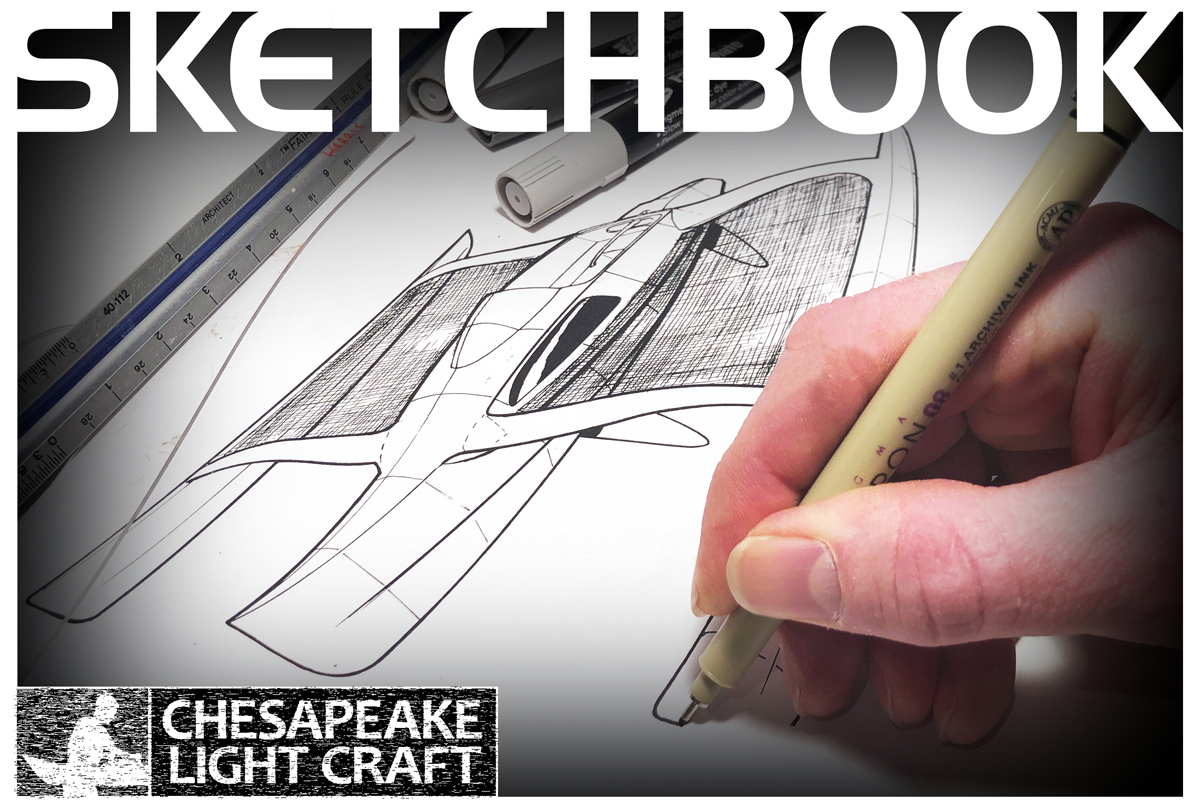Builders' Forum |
|
| ↓ Scroll to Last Comment ↓ | Forum Guidelines | Builders' Forum | |
Alternatives to denatured alcohol
Yesterday I went looking for denatured alcohol but was unsuccessful finding any. Afterwards I learned through a Google search that is almost impossible to find denatured alcohol in Canada anymore. Does anyone have an alternative product to use for cleaning expoy prior to applying additional epoxy or varnishing?
13 replies:
RE: Alternatives to denatured alcohol
I have used this Bio-Solv for cleaning epoxy spills. I does work. I cannot attest to whether is eco-friendly or not, but make sure that it is used in a well ventilated area because it has a very strong odor.
Mike
RE: Alternatives to denatured alcohol
I would also like to know a more common alternative. It is suggested for cleaning the epoxied hull before the skim coat. I live somewhere where shipping from CLC is not an option. Any Home Depot/Lowes type alternatives?
RE: Alternatives to denatured alcohol
The only difference between denatured alcohol and Ethanol is the denatured has additives in it to make it non-potable. Alternatives may be grain alcohol (Everclear here in the states) and absolute isopropyl alcohol which has not been watered down to become 'rubbing alcohol.'
A quick search and I haven't a clue where to buy either in Canada though. I did find an interesting thread on the subject on a bicycle forum: http://www.bikeforums.net/archive/index.php/t-120724.html Sorry my 'puter wouldn't let me link that for you.
The only other options I can think of are Methanol, Acetone and MEK. Those are really nasty though and you may want to look into them if you decide to use.
RE: Alternatives to denatured alcohol
Thanks everyone for your help.
I did some more digging and found a reference to a company in Quebec that sells denatured alcohol. I am having some shipped to me.
http://artdec.ca/boutique/alcool-denature
The website is entirely in French.
I'd still be interested in alternatives, as it does seem to be a difficult product to source in Canada.
RE: Alternatives to denatured alcohol
I also live in Canada and am at the same stage in my build. I went on the hunt today for the suggestions above without much luck. Ethanol is not available around here, nor have I had any luck with grain alcohol (ever clear). Absolute isopropyl alcohol is only available with a govt permit for cleaning medical supplies, however 99% isopropyl alcohol is available at most pharmacies and Costco. I am thinking of going with this but does anyone have any concerns or experiences with this?
Thanks, Mike
Lake Country, BC
RE: Alternatives to denatured alcohol
Checked with my Canadian pals & apperntly Denatured is hard to find. The substitute is methyl hydrate = methanol. Methanol is used to fuel racing engines, chemically similer to ethanol and should work just dandy.
RE: Alternatives to denatured alcohol
Have you considered lacquer thinner? That's what I use on the epoxy and I think it is recommended somewhere on this website.
RE: Alternatives to denatured alcohol
Yes, lacquer thinner. That's what I've been trying to think of.
RE: Alternatives to denatured alcohol
99% isopropyl alcohol is a good substitute The drying time will be a little longer than with denatured, though, because of the water.
Lacquer thinners (depending on the formulation, can leave behind an oily residue that prevents epoxy from bonding. I once had a couple of square feet of glass lift off because I accidentally used lacquer thinner instead of denatured alcohol to clean a surface.
The only use for lacquer thinner is to thin epoxy, and even that should be done very carefully, if at all.
Generally, you want to avoid all petroleum-based products when applying epoxy. The time to use petroleum products is when the epoxy is completely cured and you're moving on to the finish stage (varnish, paint, etc.).
Stick with alcohol- or water-based cleaners. And let your legislators know that their silly law is preventing legal citizens from participating in a wholesome pastime.
Laszlo
RE: Alternatives to denatured alcohol
One day this past winter I was doing some of my first epoxy work. It was in the 50's in my workspace, even with a space heater going, so the epoxy was really viscous looking. I remembered reading some comments about thinning epoxy abit. Apparently I was doing some daydreaming though, since I went ahead and thinned it with a little denatured alcohol.
I don't recommend repeating this little experiment. The piece I worked on was a prestained transom (dark cherry stain). The surface texture came out looking like waves, no matter how much smoothing I tried. This pattern has persisted through the finishing process depite lots (and lots) of sanding.
I was really pretty unhappy about this flaw on my first build, until I my neighbor saw it. Without knowing that it was a mistake, he was marveling about my ability to create a leather-like tecture so well.
He is just about to begin building a desk that will use some high end woods, and will have an alligator skin working surface. So, thinking more quickly now, I just went along with his notion of events and said that 'I'm not sure if I could reproduce the process just right again- just got lucky this time.'
This is just one of about 40 reasons why my boat won't be perfect, but... its looking really good.
Hickory
RE: Alternatives to denatured alcohol
maybe I was just lucky. finished my kayak last december and used lacquer thinner between epoxy coats (MAS).
Brand: Sunnyside
Composition(per the can): Toluene, Acetone, Ethyl Acetate, Isopropyl Alcohol, Petroleum distillates
Now, my method was to let the epoxy cure about a day, sand, vacumm off the excess dust, and wipe clean with a rag soaked in lacquer thinner (chemical resistant gloves of course). Let it flash off for an hour or so. I applied 4 coats like this. The 4 coats is because the temperatures were getting down in the 50's and I put on a real lumpy coat. Lesson learned. So after the last epoxy coat, I did progressive sandings then did a final lacquer thinner wipe down. First coat of varnish went on well and when dry, I wet sanded and wiped it down. My first (of recent) bonehead moves was to try to wipe down the sanded varnish with lacquer thinner. Not a good idea. It takes off the varnish. So I went back to wet sanding and wiping off with a clean rag soaked in tap water. You may worry about impurities in your tap water (I wasn't at the time and it's well water), so use distilled water. Anyway, 5 coats of varnish with this approach and I ended up with a pretty decent finish. The blemishes are more due to my brushing technique and bad eyesite than anything else I think. The boat hasn't seen a whole season yet, so I may be crying the blues this time next year, but we'll see. Cheers! Dave













RE: Alternatives to denatured alcohol
» Submitted by jcobb - Sun, 5/20/12 » 2:30 PM
Further to my earlier post, I do have some of the Mas epoxy Bio-Solv solvent. The description on the CLC website says that "It effectively cleans or prepares surfaces to be painted or epoxied, removes adhesives and cleans tools. Has anyone used this and could it be an alternative to denatured alcohol?